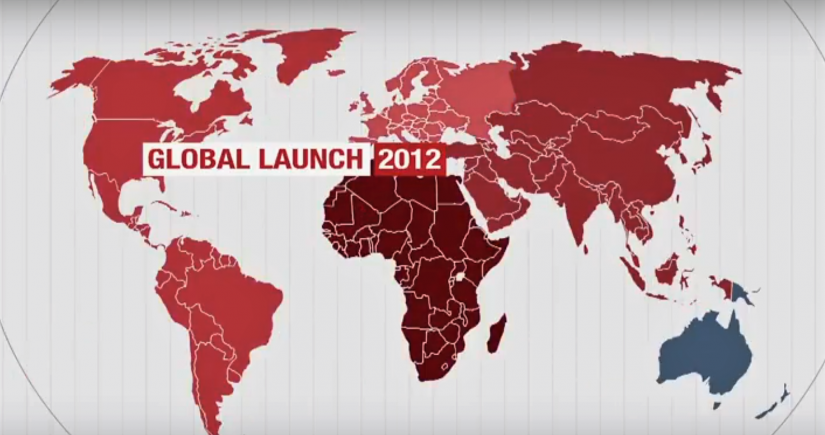
FIDIC is a global organisation with 94 National Member Associations, consisting of over 60,000 firms worldwide, which employ over 1.5m professional staff. This gives us a truly global perspective. We understand both the positive and far-reaching impacts of the construction industry and the challenges that it faces.
The construction industry delivers the vital infrastructure that drives economic growth and helps achieve human development goals. It creates jobs, promotes enterprise development and improves skills in its workforce. However, construction also has certain characteristics that make it prone to problems of corruption and inefficiency. These include complex contractual arrangements, different project phases, requirements for permits and approvals, the relative ease with which defective work can be concealed and the fact that every project is unique.
For these reasons, making public sector infrastructure projects more transparent is one of the most effective ways to reduce corruption and inefficiency and provide better value for money. That’s why FIDIC has been amongst the most consistent supporters of the Construction Sector Transparency (CoST) initiative.
CoST is good for the construction industry and good for those who benefit from the infrastructure and services that it delivers for public sector clients. It creates a level playing field that provides recognition for high-performing and ethical companies and exposes wrongdoing. This helps to provide better value for money for taxpayers and better quality infrastructure and services for the general public.
I was pleased to be invited to speak at the launch of the CoST programme in London last October. This new programme benefits from an extensive three year pilot project in which the CoST approach was tested and refined. Whilst this extended period of gestation has led to a programme in which we can have a high degree of confidence, it can also create the misleading impression that CoST is a mature programme. In fact it is still in its infancy and only now is it ready to be scaled-up.
It is time to extend the benefits of CoST beyond the nine countries currently participating to include many more. This applies to high income countries as much as it does low and middle income countries. The prospects for this have been enhanced recently by the focus that the UK Government has put on transparency in its Presidency of the G8.
The UK is currently the only G8 country that is directly involved in CoST. It is to be hoped that after the G8 summit later this month, more G8 members will support the programme and this should include practical commitments to improve transparency and accountability in their own construction sectors.
